The products we consume are important for our body in different ways. They all contain various substances, which are valuable to our body.
We will have a look at which products contain the most potassium. However, before we get to know this information, let's see why it is so necessary for our bodies.
Potassium is a mineral, which is needed for almost all processes in our body. The high content of the mineral in the body is extremely important in general for the heartbeat.
It helps the proper functioning of the kidneys, it is a useful and important mineral for muscles as well as bones.
If we have potassium deficiency, it will inevitably affect our body - we will feel physical and mental fatigue.
Potassium can be found not only in fruit and vegetables, but also in milk and meat.
Although foods in the past had a much higher percentage of potassium, we can now get potassium by eating more of certain foods.
Vegetables with potassium
The vegetables, which contain the most potassium are potatoes, tomatoes and dried hot peppers. We can not fail to mention vegetables such as spinach (and all leafy vegetables) and artichokes.
Mushrooms
They provide about 0.3 grams of potassium per 100 grams consumed. In addition, they can be prepared in many ways, combined with dozens of other foods and are low in calories - only 28 kcal per 100 grams. To get more potassium, eat mushroom soups, fake tripe soup, mushroom pate, mushrooms in butter, stuffed mushrooms, mushroom salad, mushroom patties.
Potatoes
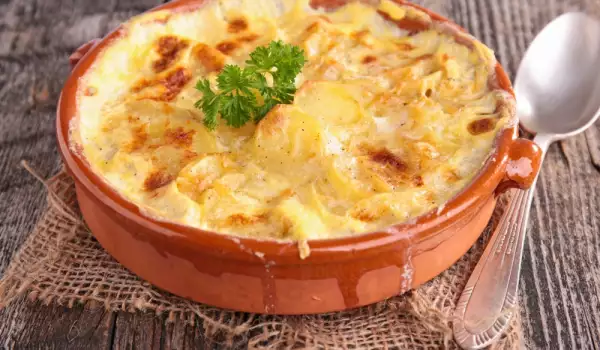
Most likely everyone loves potatoes. If you have been careful about eating them to this point and it is rumored, that they are unhealthy and fatty, you will probably be glad to know that you can eat them baked. In 100 grams of baked potatoes there are 0, 53 grams of potassium, which 15% of the daily requirement. However, it is good to know that this food is not recommended for diabetics. However, in order to get more potassium through potatoes, you can make potato soup, sauteed potatoes, quick potato salad, potato patties, classic gratin, potato schnitzels.
White beans
They are a good source of fiber, protein and starch. They replenish the daily need for iron, but they are also a food quite rich in potassium. There are 0.6 grams of this mineral in 80 grams of white beans.
Spinach
100 grams of spinach contains 16% of the intake of potassium, which we must consume daily.
Fruit with potassium
The fruit high in potassium are: bananas, raisins, dried strawberries, prunes.
Apricots
Did you know that dried apricots actually contain more potassium than fresh ones? A serving of 100 grams of dried apricots gives you almost 30% of the recommended daily allowance. Apricots are also good for blood circulation, because: They regulate blood pressure and body fluids. Prevent rheumatic diseases or arthritis. You can add them in fruit salads, sorbets, apricot cakes and fruit creams.
Plums
In addition to being rich in potassium, fresh plums contain fiber and carbohydrates. From only 100 grams you get 12% of the recommended daily dose of potassium.
Plums acquire a special nutritional value as a result of the dehydration process. This leads to an increase in the amount of simple carbohydrates.
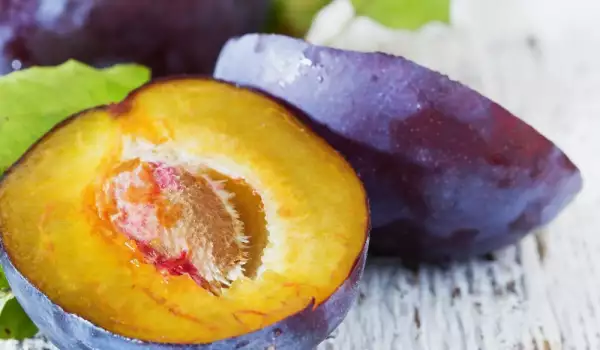
In addition, plums rapidly raise energy levels due to their high sugar content. These fruit fight constipation thanks to the fiber in their composition and reduce the cholesterol levels. The plum diet will help you unload and get potassium. But be careful if you have a sensitive stomach.
Raisins
Raisins provide 21% of the recommended daily allowance of potassium in a serving of 100 g. However, it is good to remember that these fruit contain a lot of sugar. It is therefore advisable to consume them in moderation. You can add them in different sponge cakes, raw candies, no-bake cakes, quick cakes and vegan bars.
Raisins also have the following benefits:
- They relieve constipation;
- They are a useful food for anemia;
- They suppress fever;
- They regulate the tension of blood vessels;
- They lower blood pressure.
Figs
A 100 g serving of dried figs provides 19% of the recommended daily allowance of potassium. Make your own jam from figs or cream from figs. There are many ideas for fig cakes and pastries.
Bananas
It is well known that bananas are among the fruit richest in potassium, containing 10% of the recommended daily allowance. Bananas maintain the balance of fluid in the cells and help the proper functioning of the nervous, intestinal and muscular systems. Eat more banana bread, banana pancakes, banana cakes.
Kiwi
Kiwi is an exceptional fruit. In addition to potassium, it contains a large amount of fiber and vitamin C. At the same time, kiwi strengthens the immune system and helps prevent digestive problems. A kiwi cake is all you need today.
Spices with potassium
Apart from fruit and vegetables, potassium is also present in spices, which are very often used.
We are talking about herbs such as parsley, basil, tarragon, chervil, turmeric, cumin, curry, oregano, paprika, hot pepper, cumin, celery seeds, fennel seeds, ginger, coriander, cloves, cardamom and garlic powder.
Other sources of potassium
Some legumes also contain a large amount of this valuable mineral for our body - potassium. We're mostly talking about beans and soybeans. The meats, which are most suitable for potassium intake are chicken, as well as red meats. Due to its wide distribution as a substance in various products - fruit, vegetables, spices, meat, potassium deficiency is a relatively rare condition.
What are the signs of potassium deficiency?

Chronic fatigue
If you feel that you are never getting enough rest and not enough energy, a possible cause may be a lack of potassium. Every cell in your body needs potassium to function. If you get tired, even though you get enough sleep, your lack of potassium may be to blame. (Unhealthy diet, stress or lack of sleep can be causes of chronic fatigue, so you should not rush to conclude that potassium deficiency is the main cause before visiting the doctor! ).
Muscle spasms
Potassium plays a key role in the contraction of muscles, including those in the heart muscle. This way, muscle spasms are symptoms that transmit potassium deficiency. Severe potassium deficiency not only affects the proper functioning of muscles, but can even lead to destruction of muscle tissue.
Dizziness
Potassium levels can fluctuate throughout the day and a large drop can slow your heart rate, causing you to faint from low blood pressure. This reaction is not common and can be caused by other factors, but it is important to go for a consultation. Heat and tingling in the hands and feet are another sign that should not be overlooked.
Hypertension
Without enough potassium, blood vessels can deteriorate, which leads to hypertension. Heart palpitations are one of the main symptoms of potassium deficiency in the body, which affects the rhythmic contractions of the heart and causes strong and rapid beats.
Swelling of the abdomen
When potassium deficiency occurs, the body tries to regulate sodium levels and affects the muscles of the stomach and intestines, causing bloating, abdominal pain, cramps or constipation.
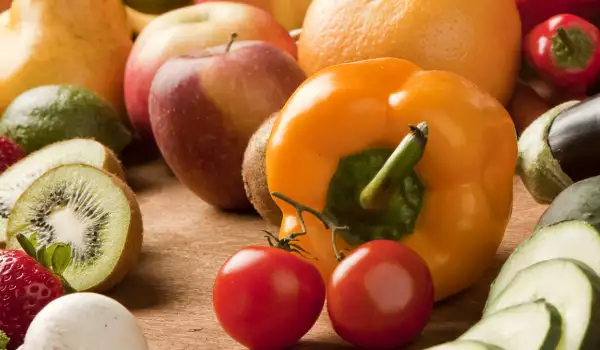
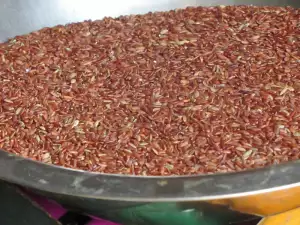
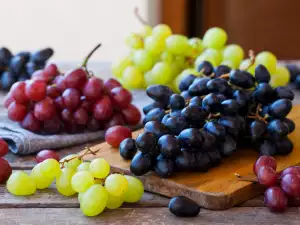
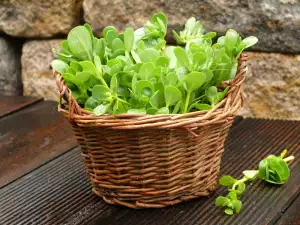
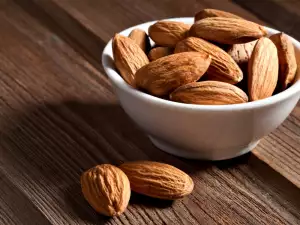
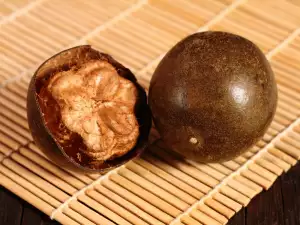

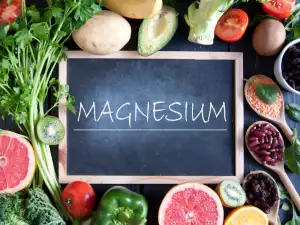

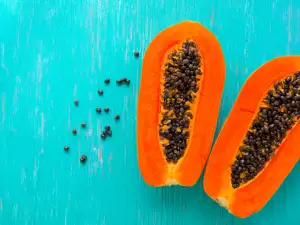
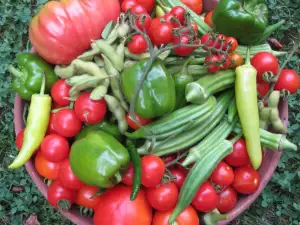
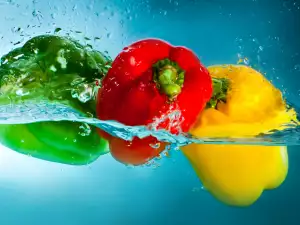
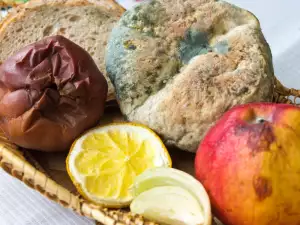
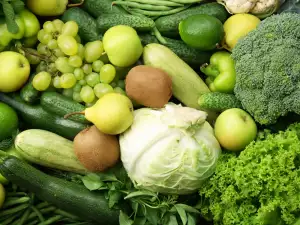
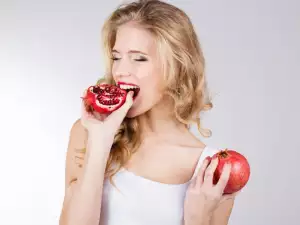





Comments